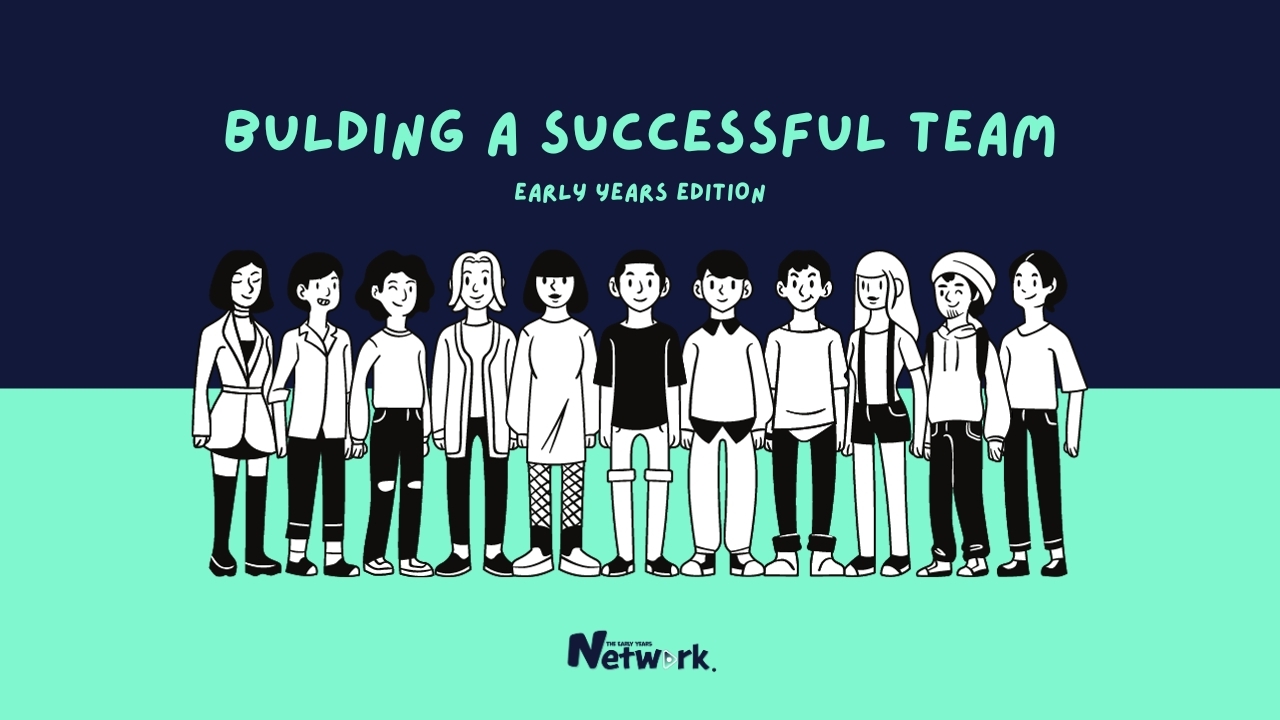
Weekly Show #7: The Episode All About Building A Successful Early Years Team
Happy New Year!! Welcome to the very first episode of 2024, and to kick things off Ben & Emily decided it would be a good idea to discuss the key components of what makes a successful early years team. Both Ben & Emily bring their 3 top tips for how to build a successful high performing team within the world of early years, as well as, discussing the merits of each idea and you can hopefully embed them within your settings. Why not kick off the new year by reflecting on your teams dynamics, culture and overall feel good factor and see if you can better implement or improve the ideas discussed! There's nothing worse than coming to work dreading the environment or culture you work in, so let's use 2024 as the year of meaningful change within your team!
- Early Years Knowledge: A team with a strong foundation of knowledge ensures effective child development and education. This includes staying updated on the latest early childhood education research, pedagogical approaches, and child psychology. Encourage continuous professional development for team members. Implement regular training sessions, workshops, and discussions to share knowledge and insights. Create a culture that values ongoing learning.
- Communication: Open and effective communication fosters collaboration, creativity, and a positive work environment. It ensures that everyone is aligned with the goals and expectations of the team. Establish regular team meetings to discuss plans, challenges, and successes. Encourage an open-door policy where team members feel comfortable expressing ideas and concerns. Foster effective communication channels through digital platforms for real-time updates and collaboration.
- Passion: A passionate team is more likely to be engaged, motivated, and dedicated to providing the best possible learning experiences for children. Passion inspires creativity and a genuine commitment to the mission. Cultivate a sense of purpose within the team by regularly revisiting the core values and goals of the early years setting. Celebrate achievements, big or small, and encourage team members to share their passions and interests, aligning them with the mission of the organization.
- Policies & Procedures: Clearly defined policies and procedures provide structure and consistency, ensuring that the team operates cohesively and children receive a standardised quality of care and education. Regularly review and update policies to reflect best practices and legal requirements. Communicate these policies effectively to the team and ensure that everyone understands and follows them. Establish procedures for feedback and improvement.
- Leadership Vision: Strong leadership with a clear vision inspires and guides the team towards common goals. A visionary leader sets the tone for the team's culture and fosters a sense of purpose. Develop a leadership team that communicates a compelling vision for the early years setting. Encourage leaders to articulate their vision regularly, aligning it with the broader goals of child development and education. Involve the team in discussions to collectively shape and refine the vision.
- Emotional Intelligence: Emotional intelligence enhances team dynamics by promoting empathy, understanding, and effective conflict resolution. It contributes to a positive and supportive workplace culture. Provide training on emotional intelligence for team members. Foster a culture of emotional awareness and support. Encourage team members to develop their emotional intelligence through activities like reflective practices and team-building exercises.


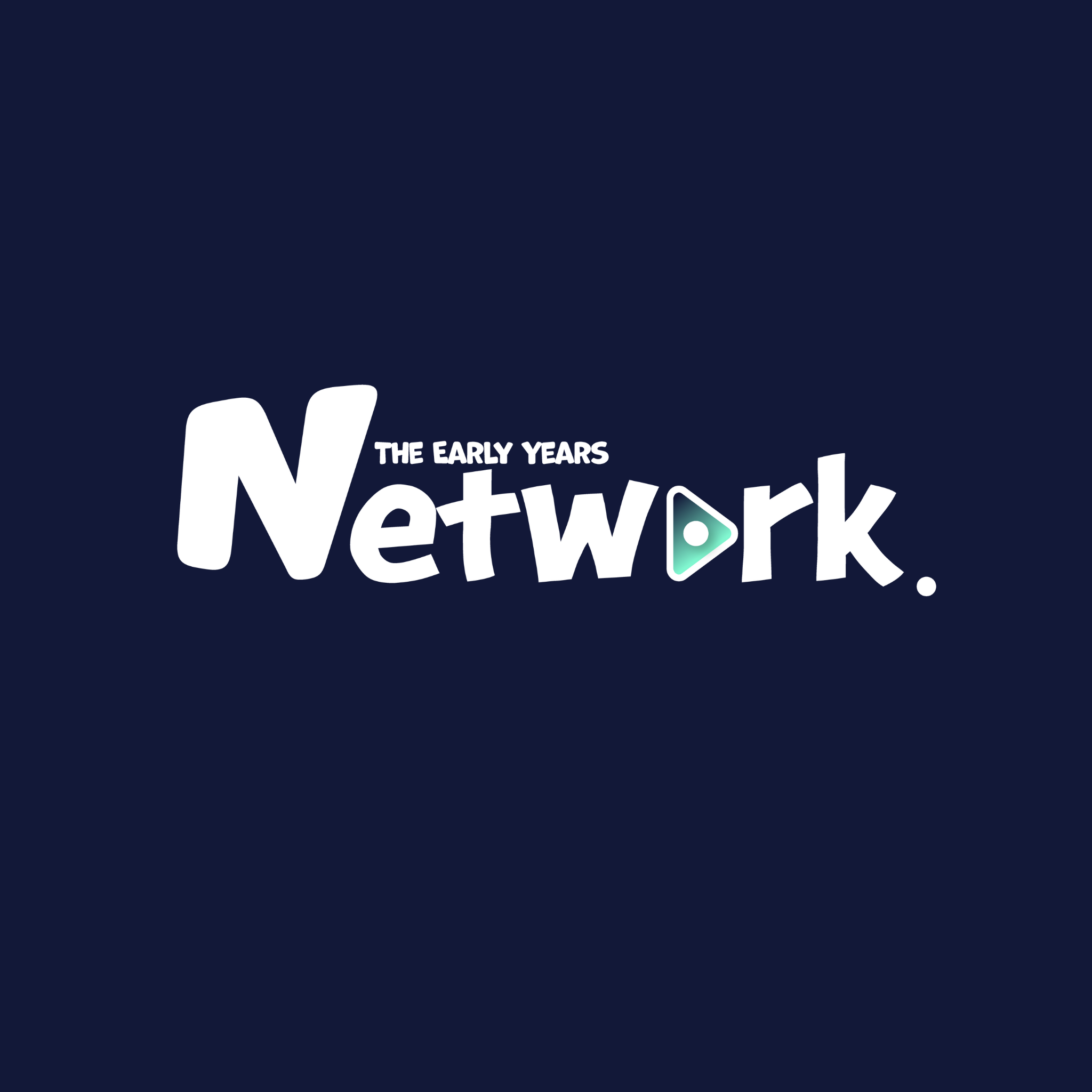
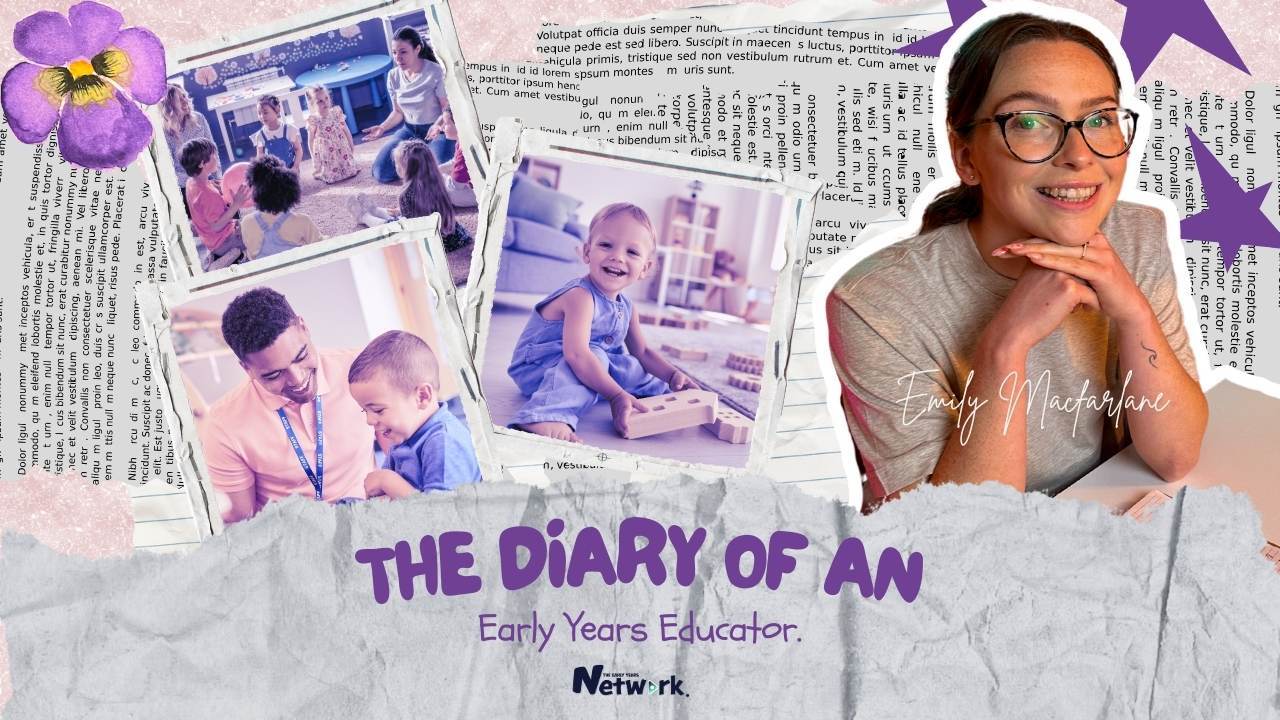
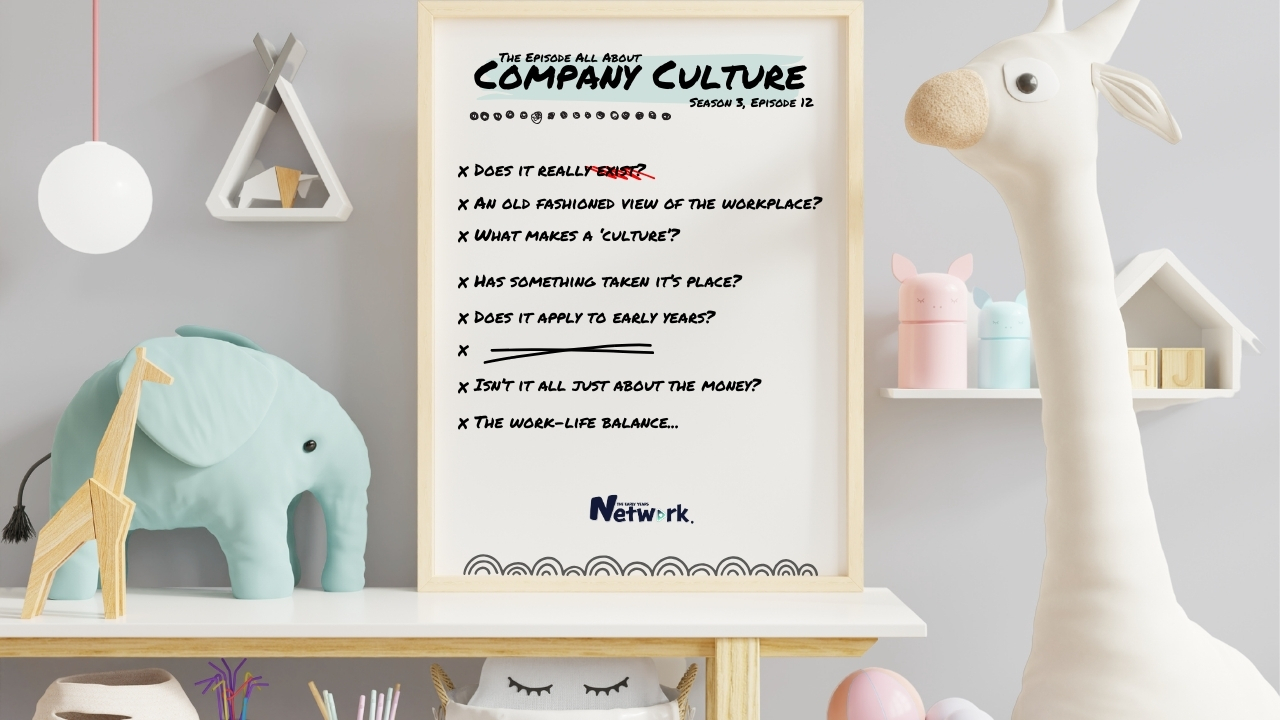
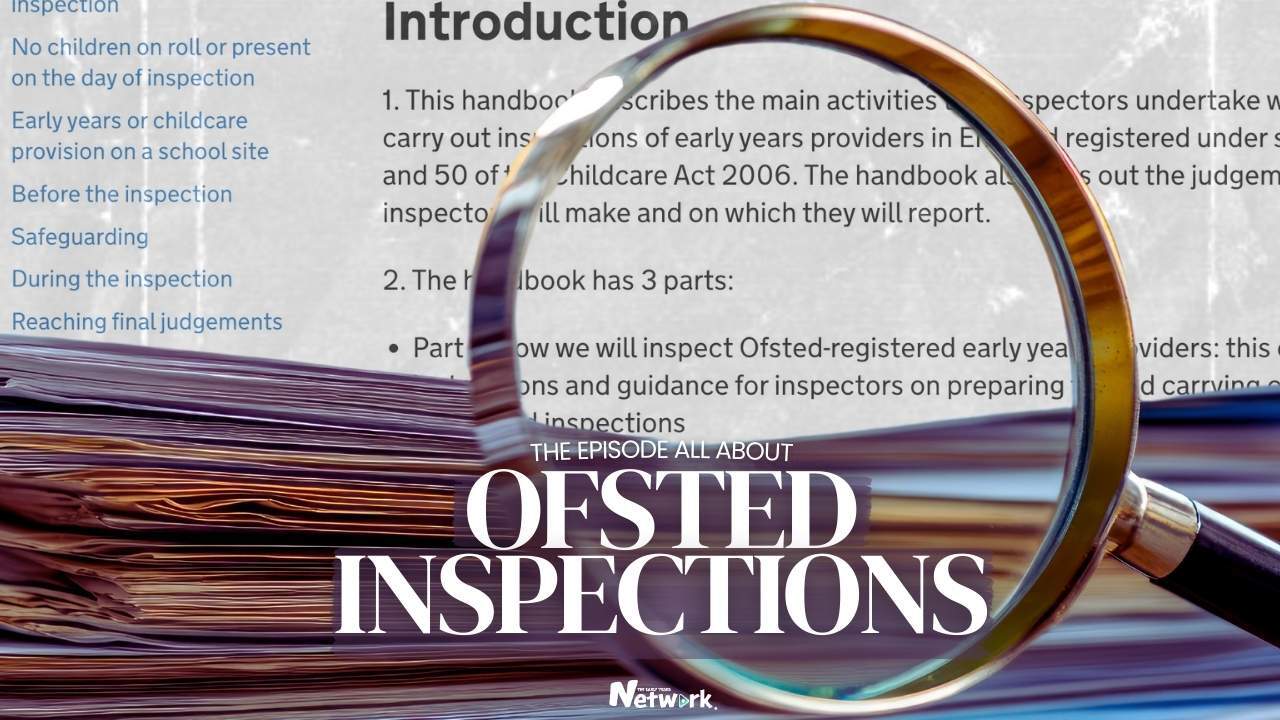
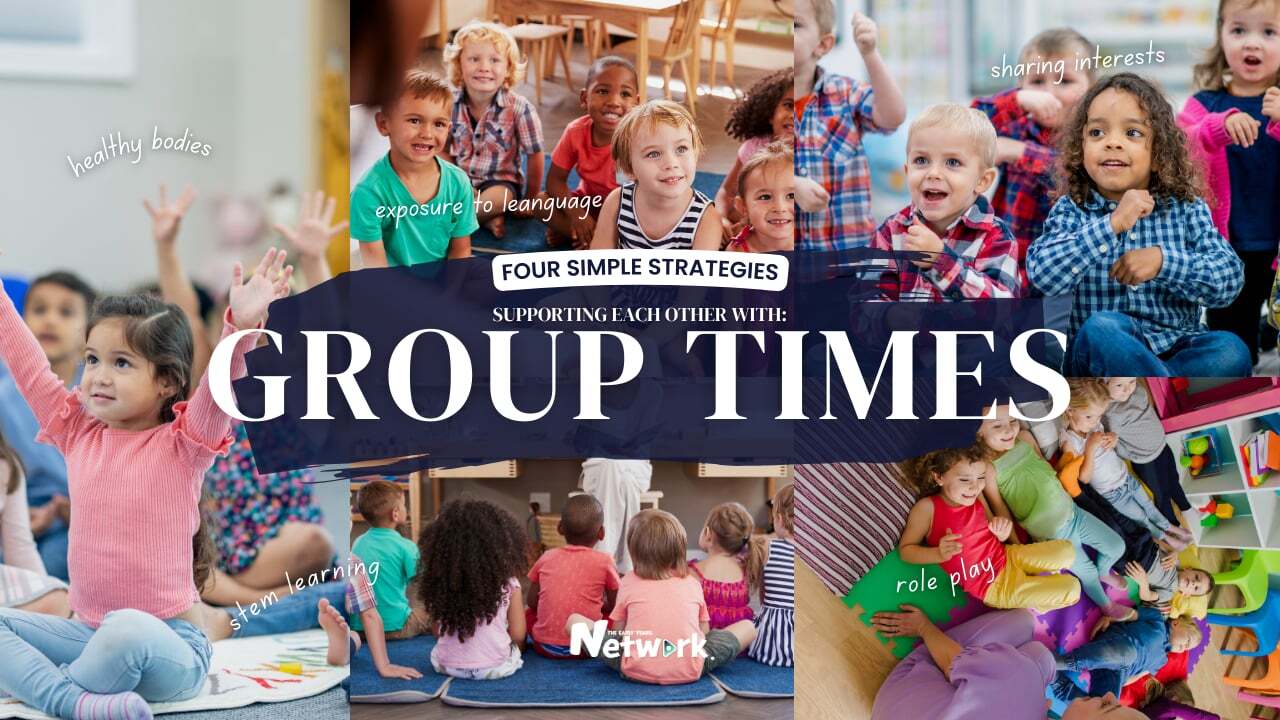
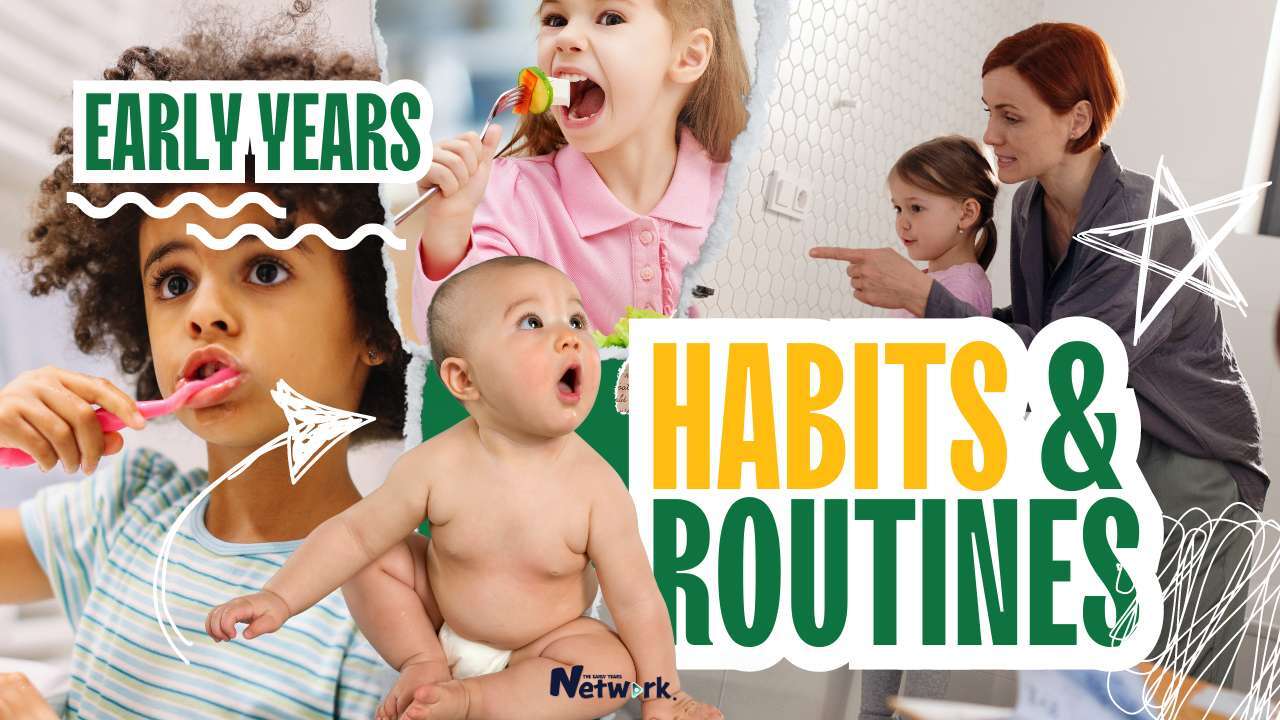
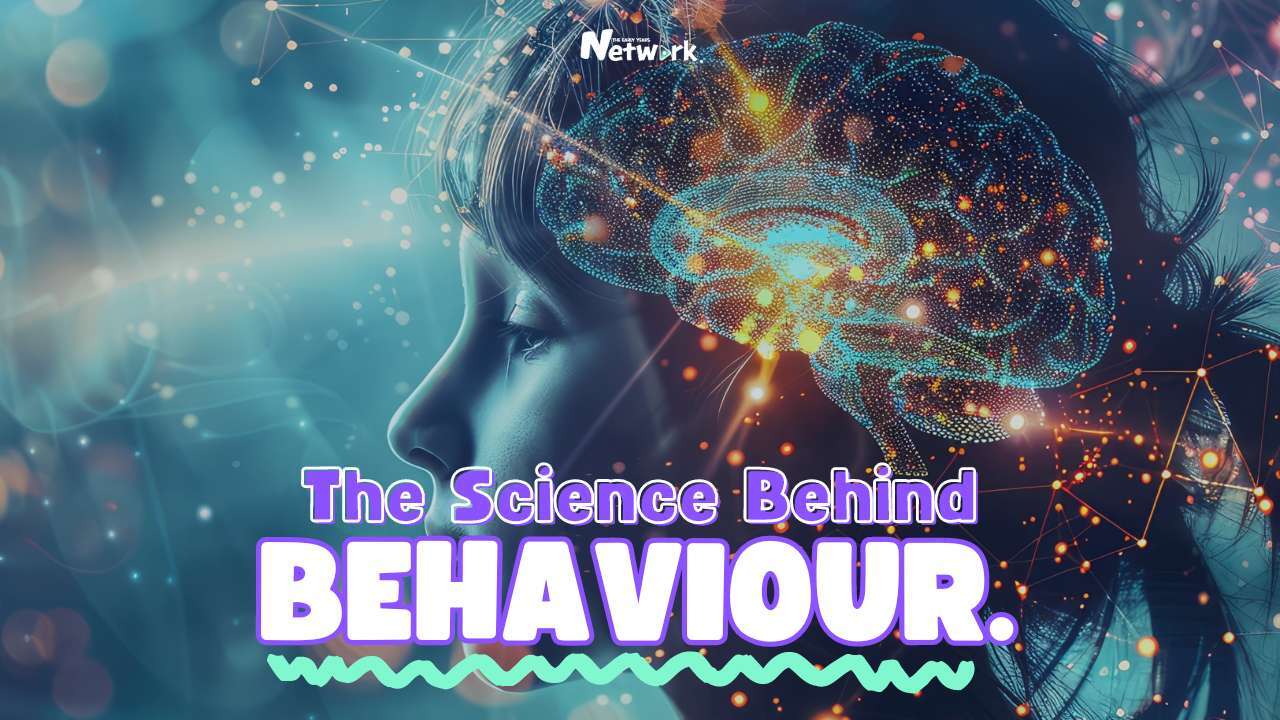
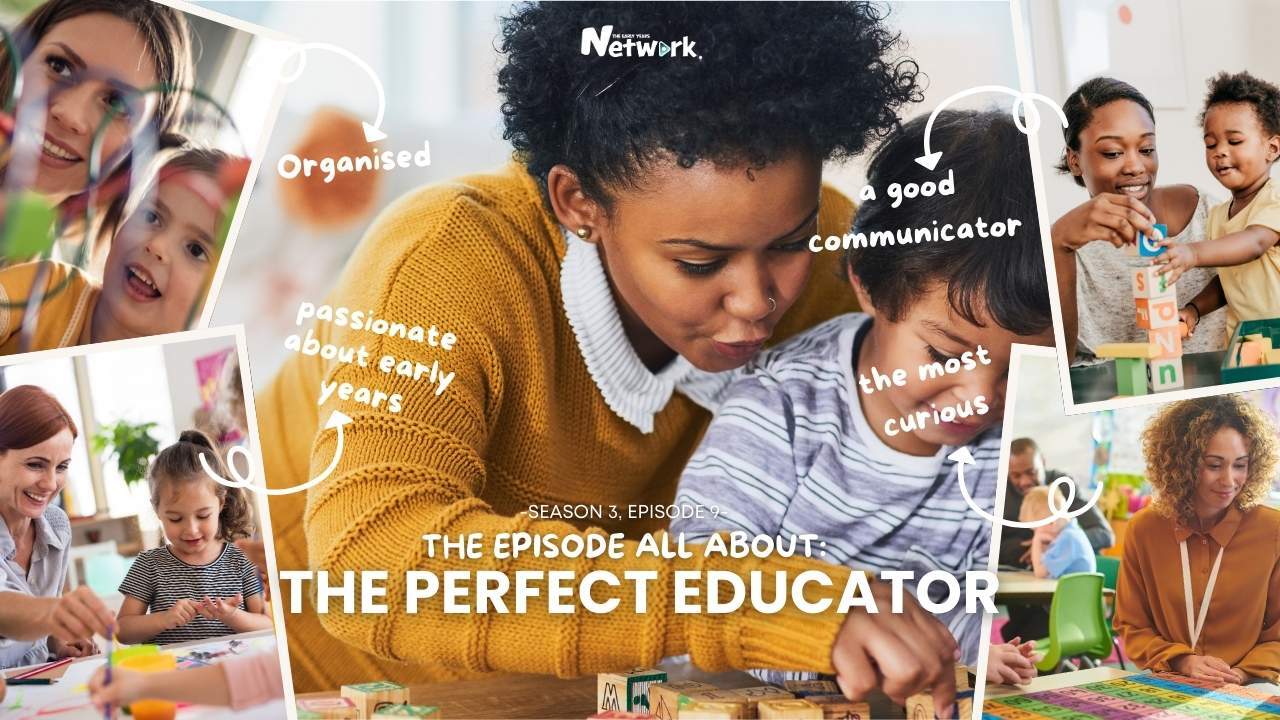
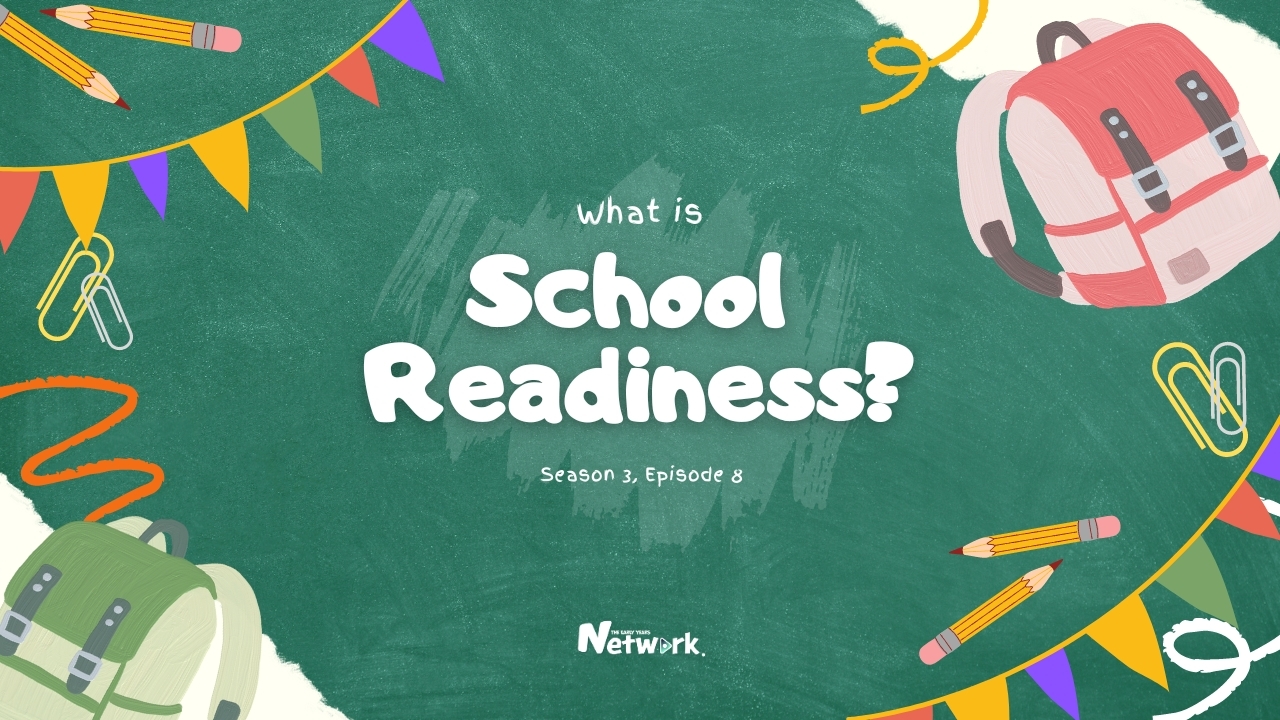
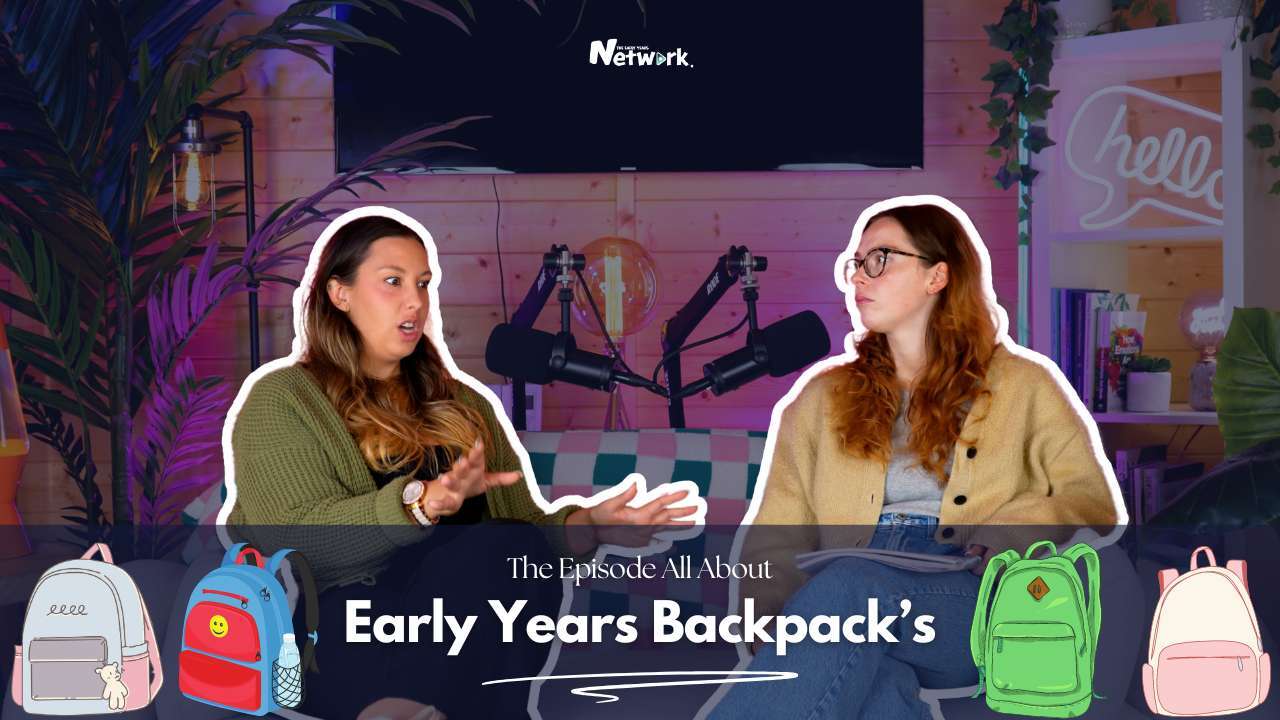

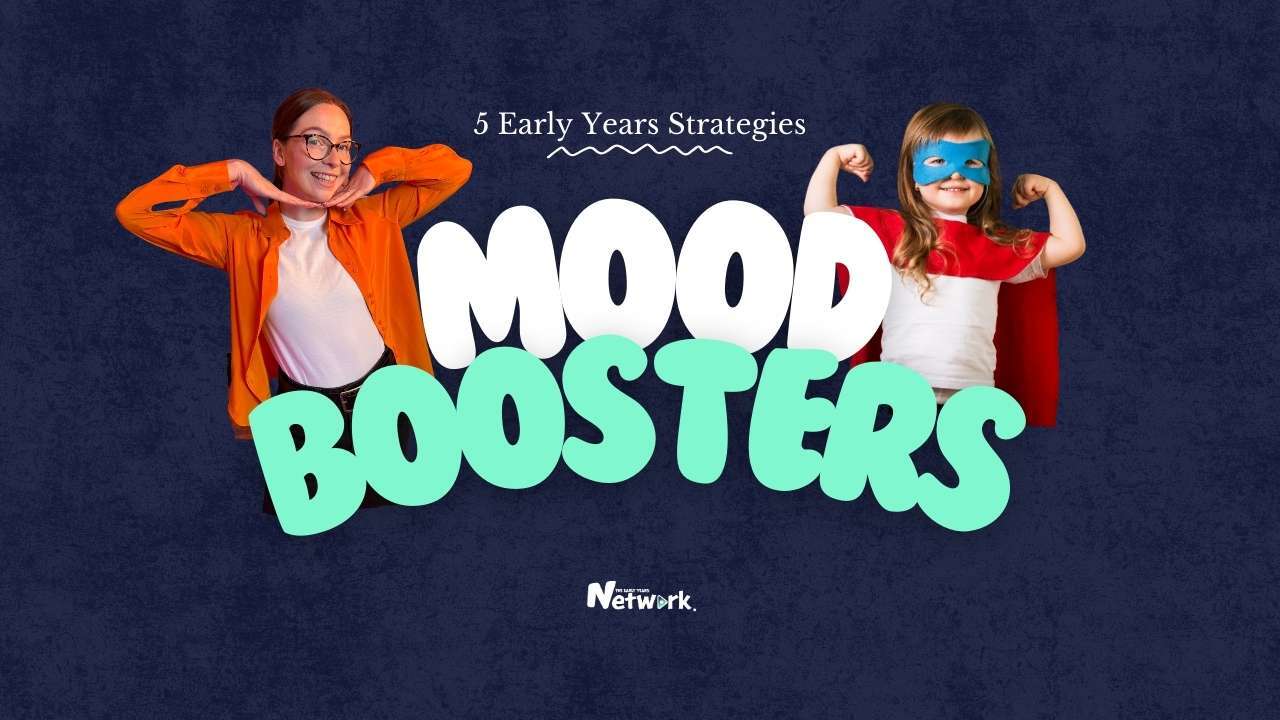
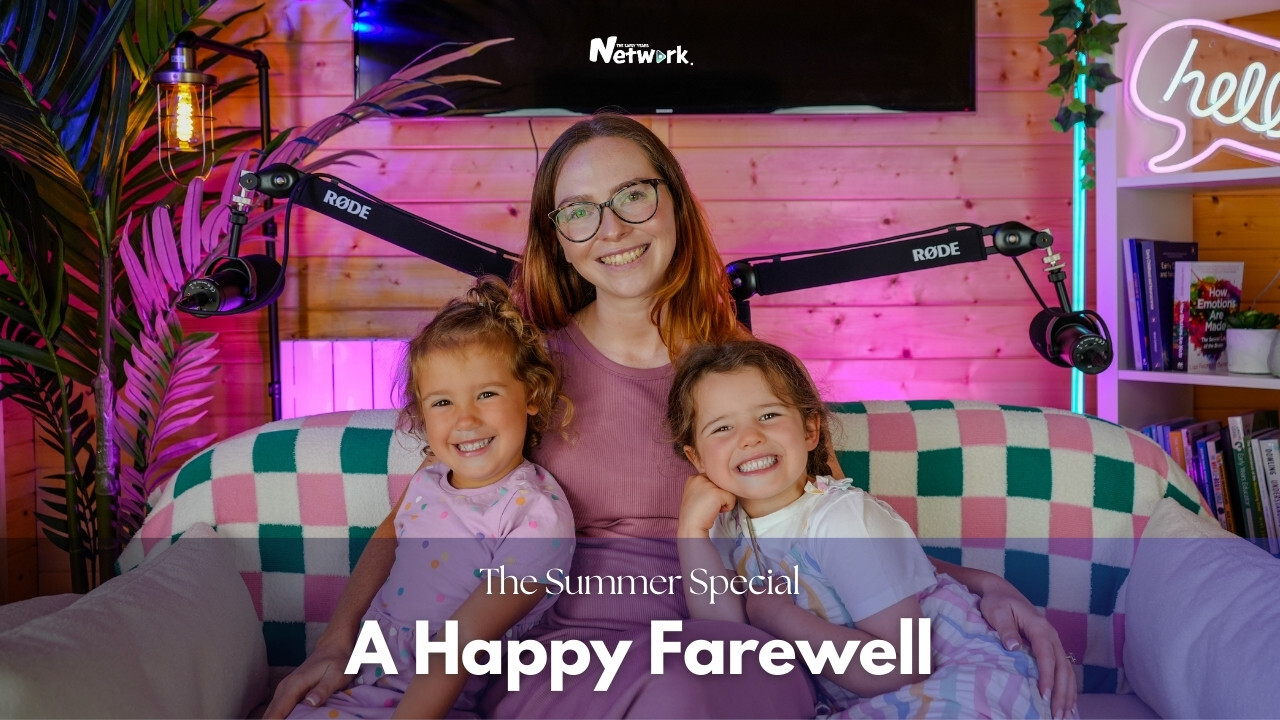

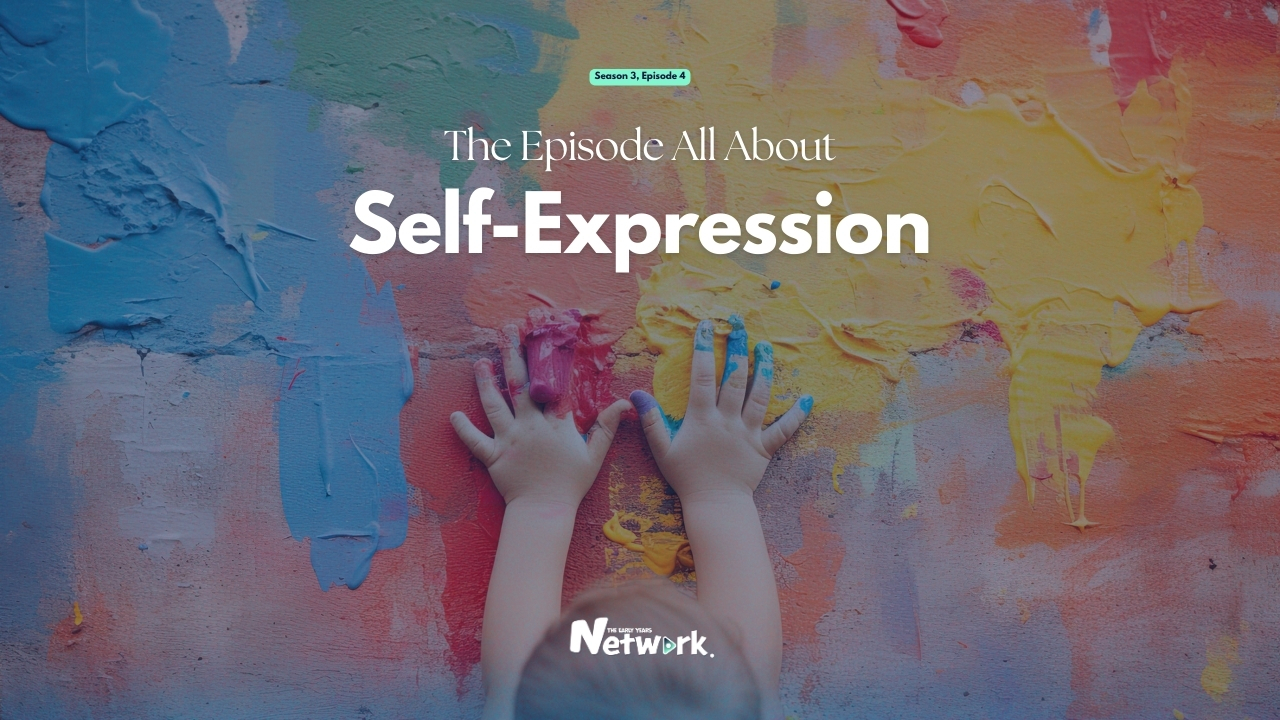
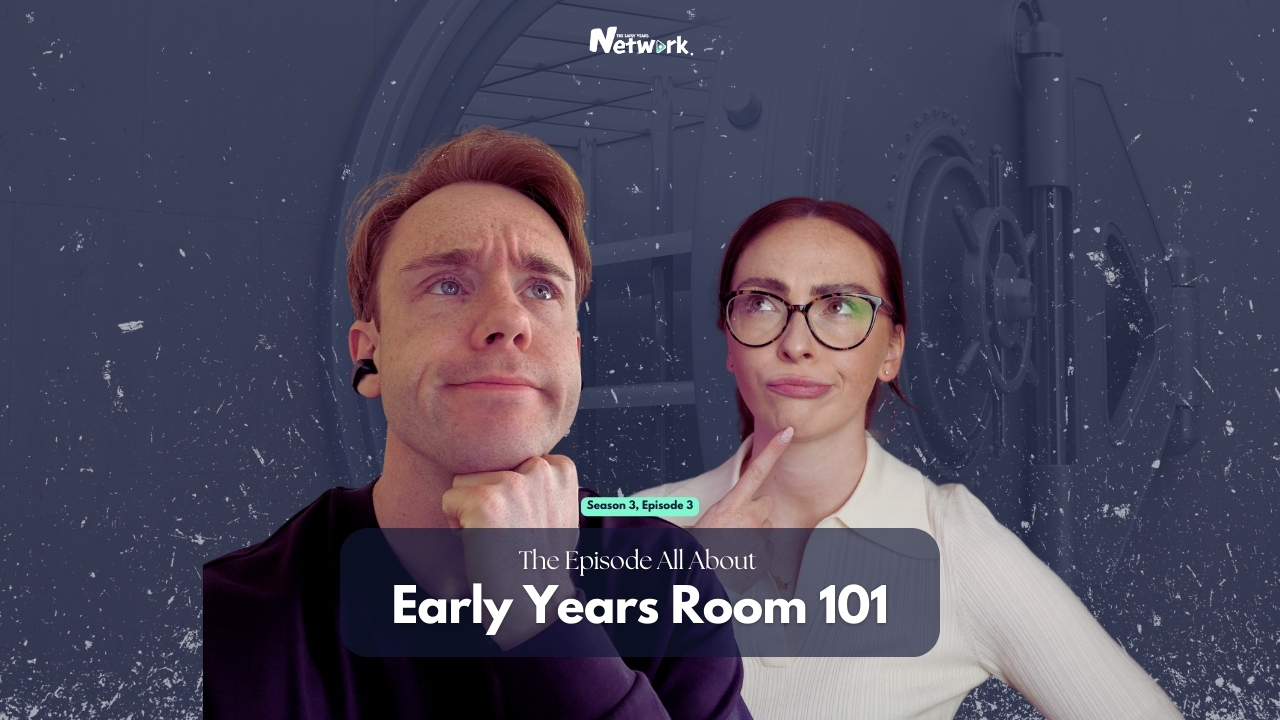
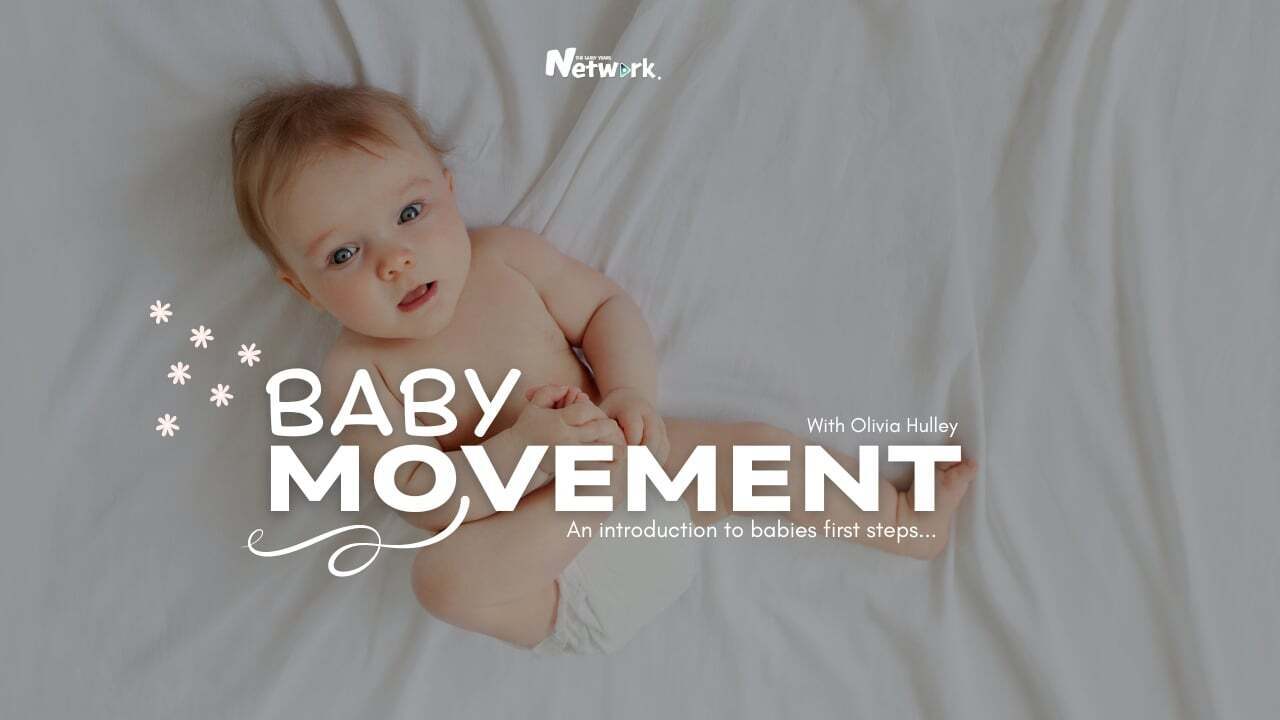
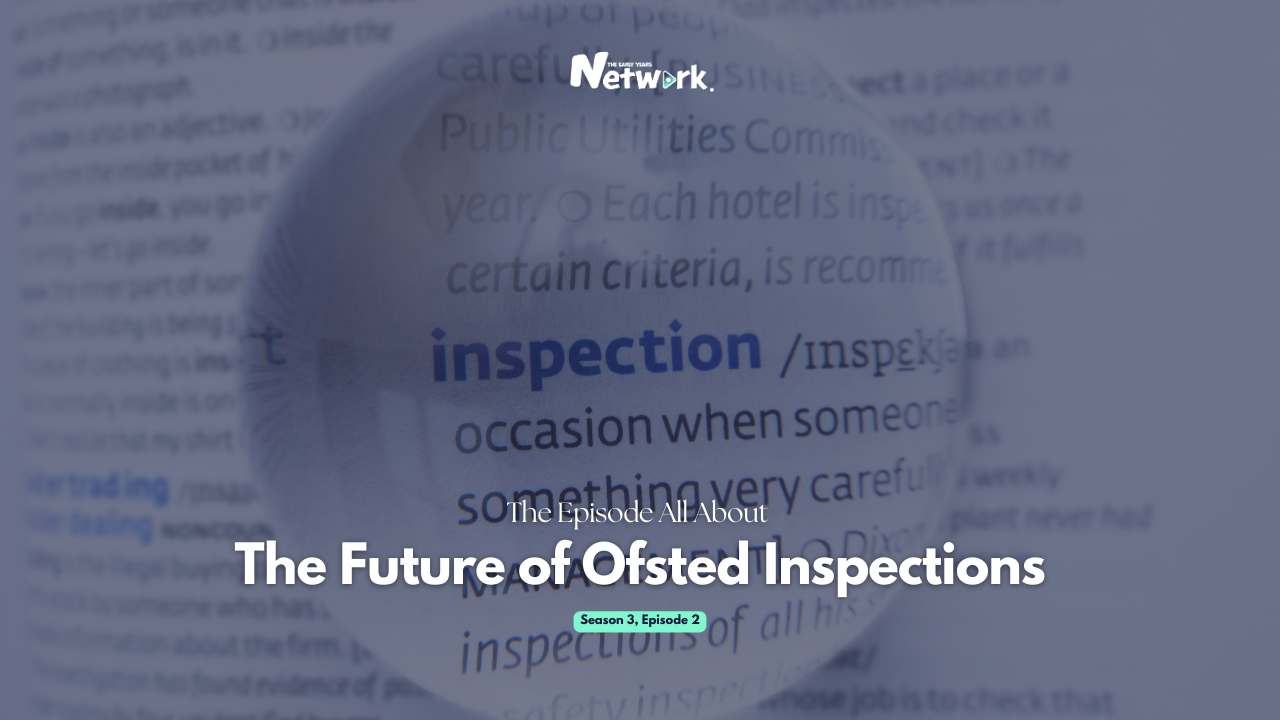
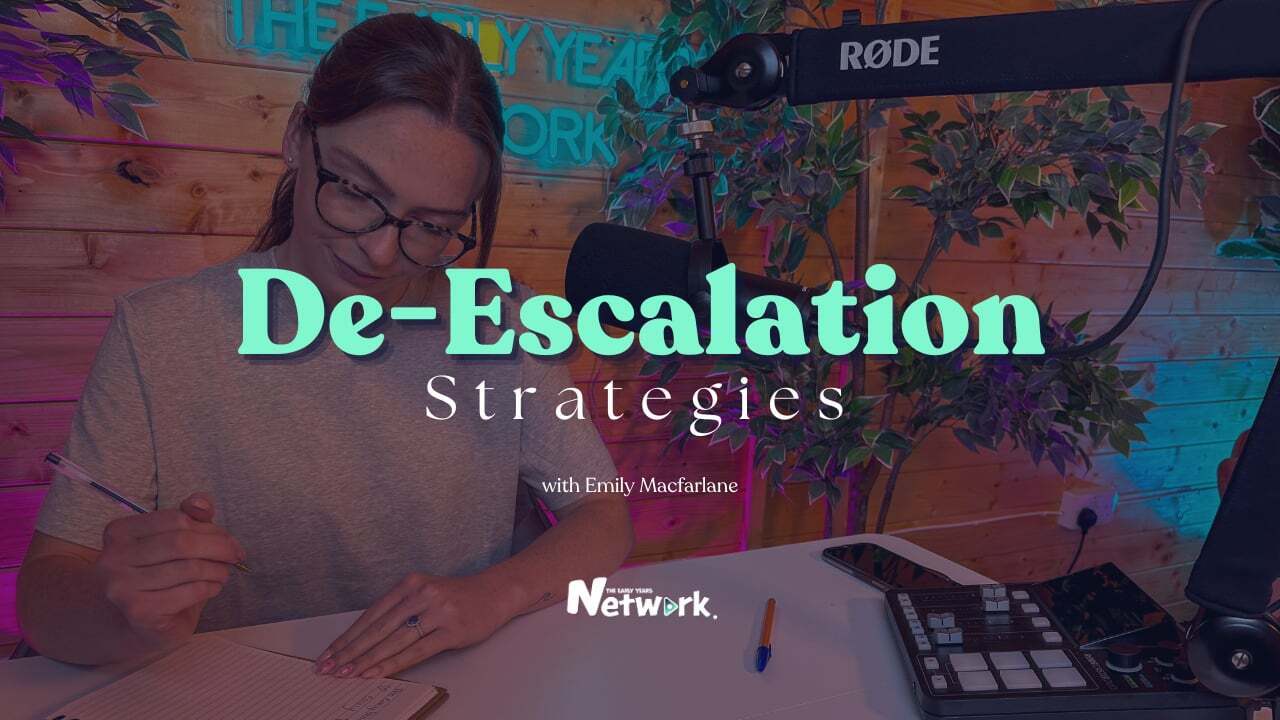


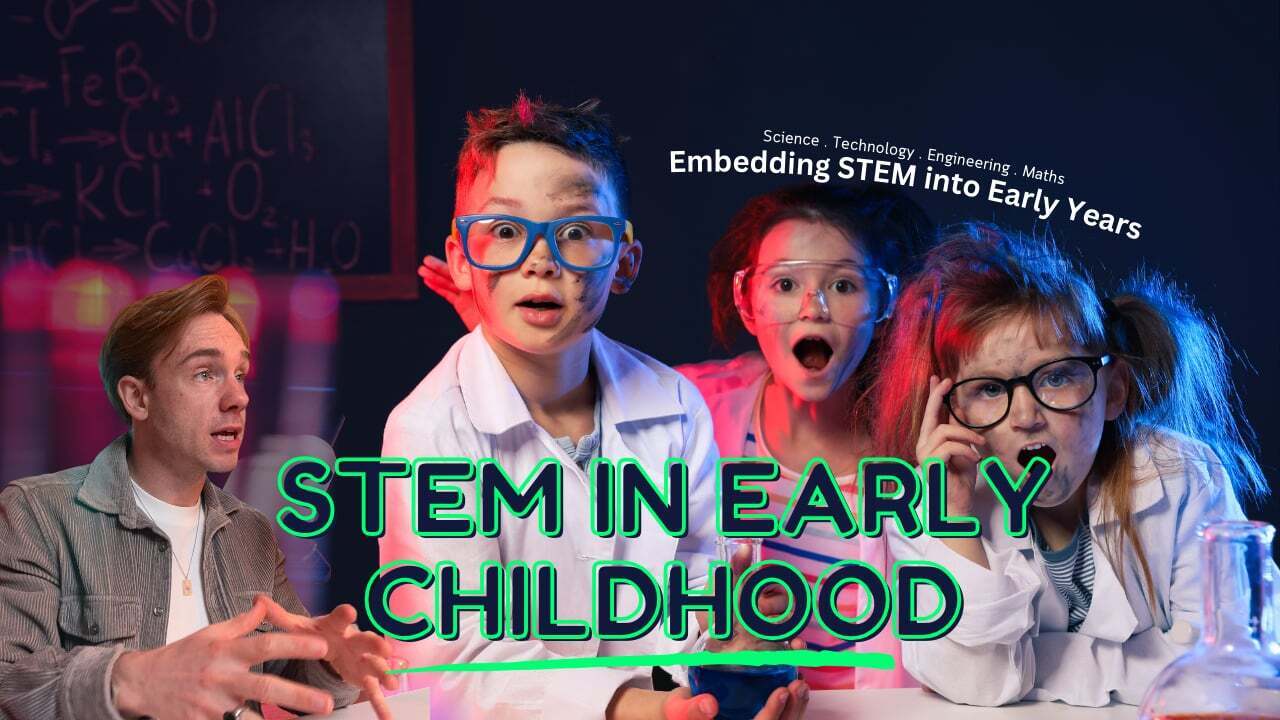
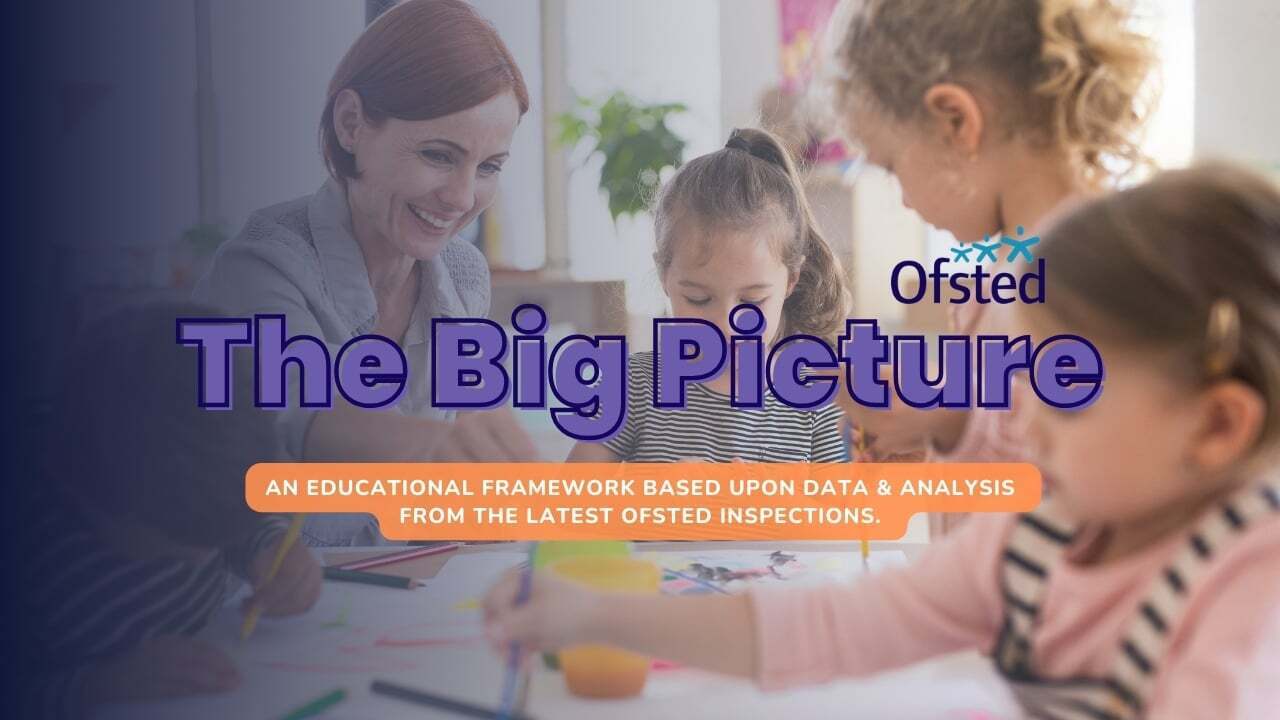

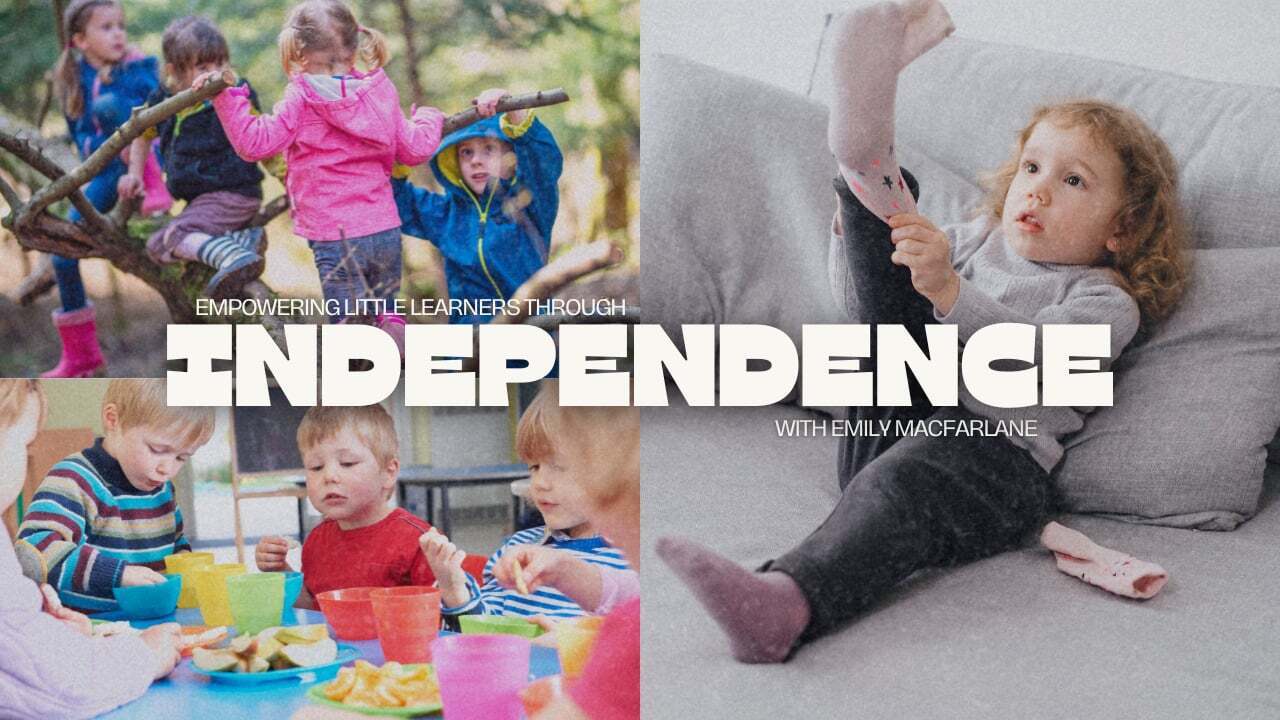
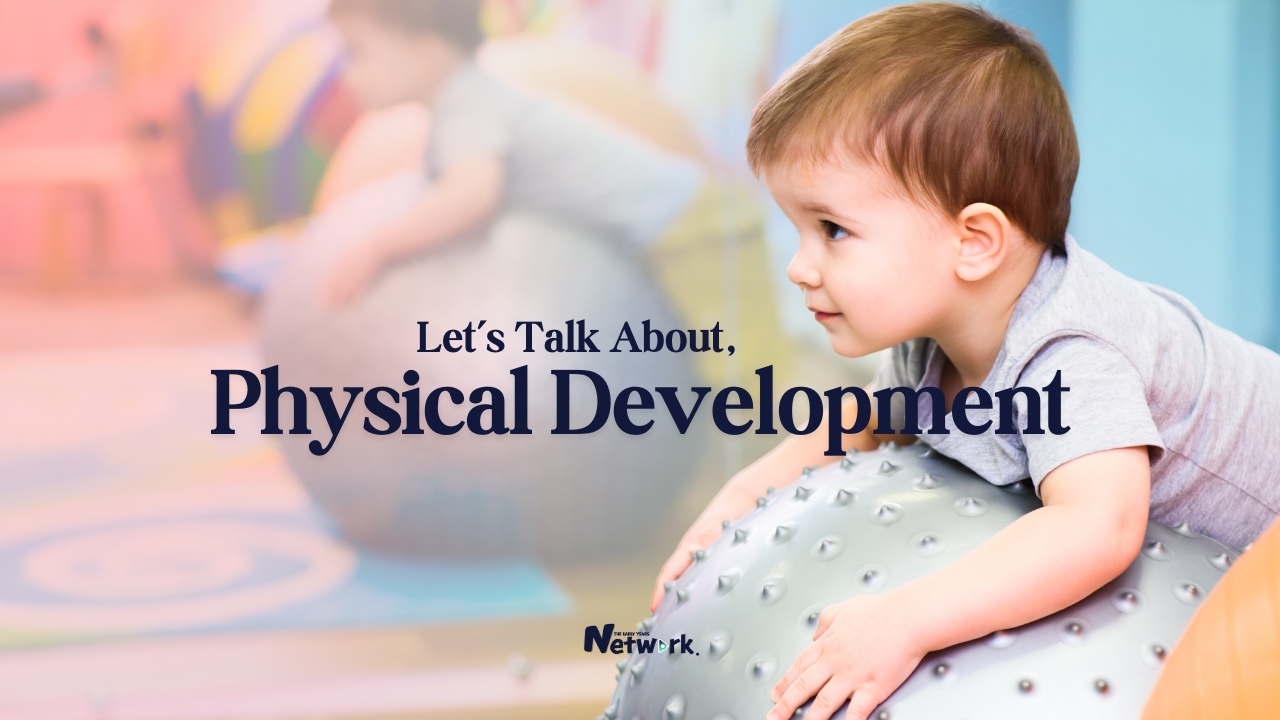
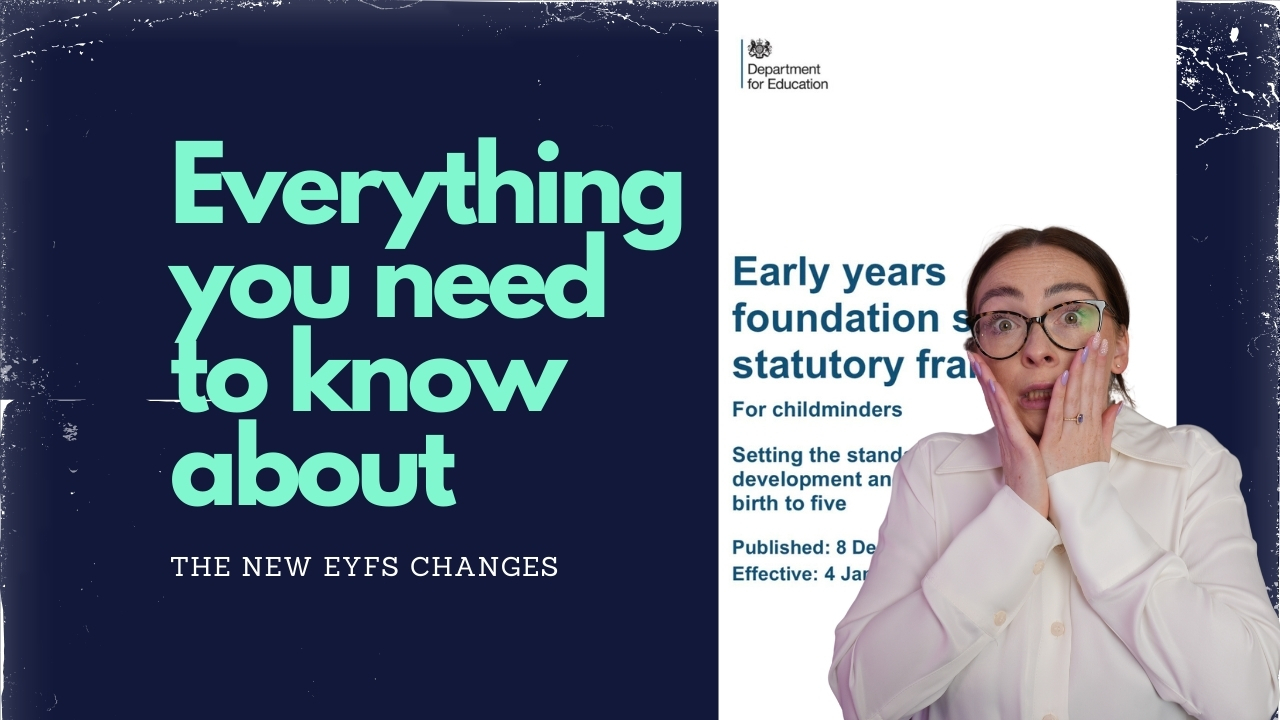

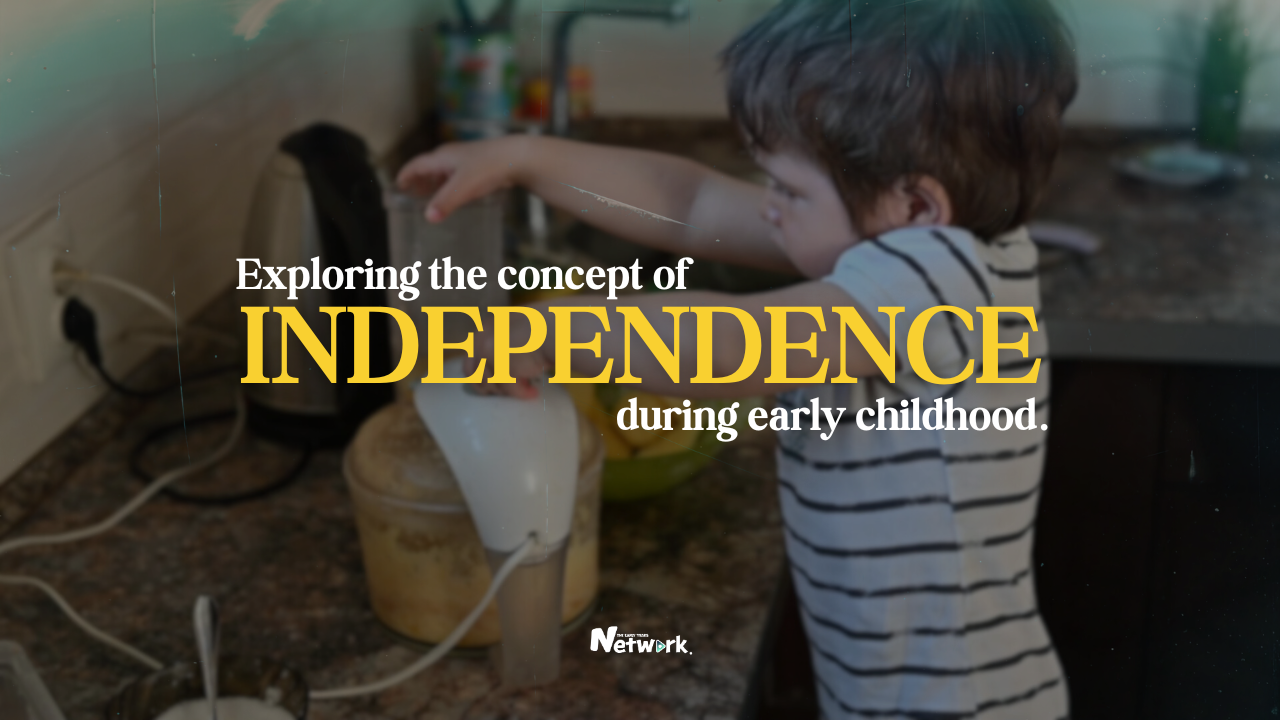
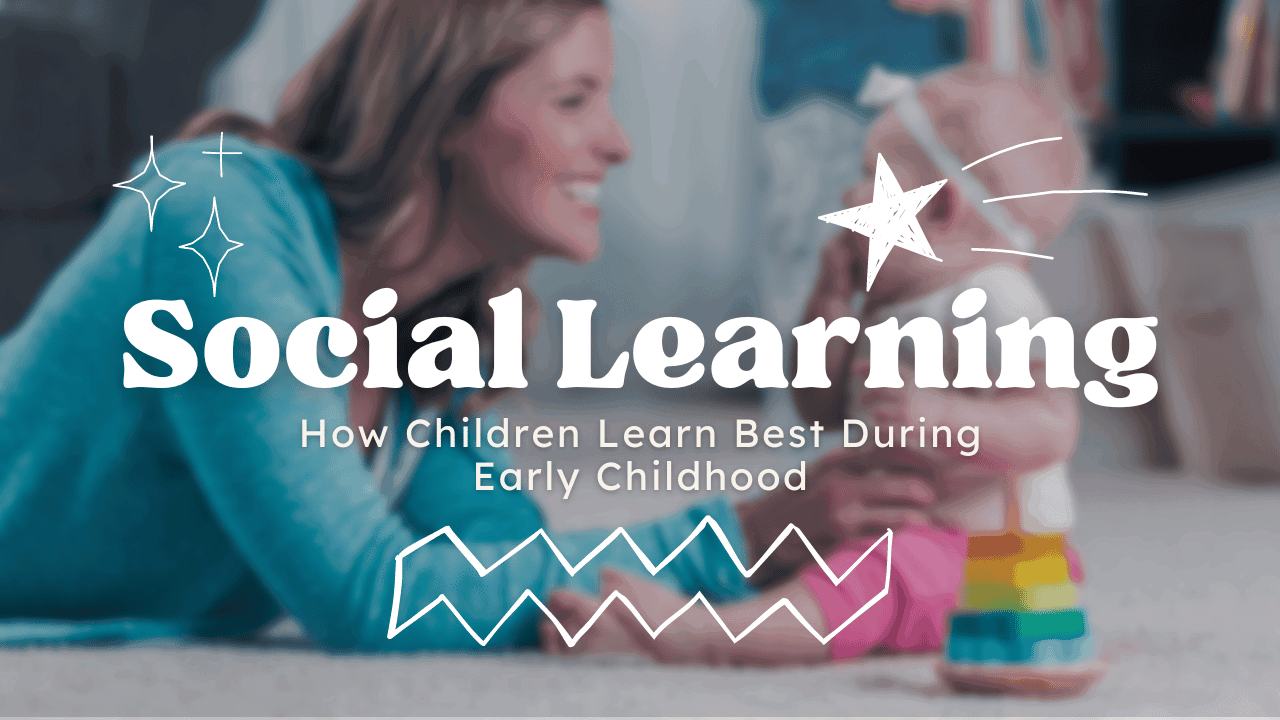


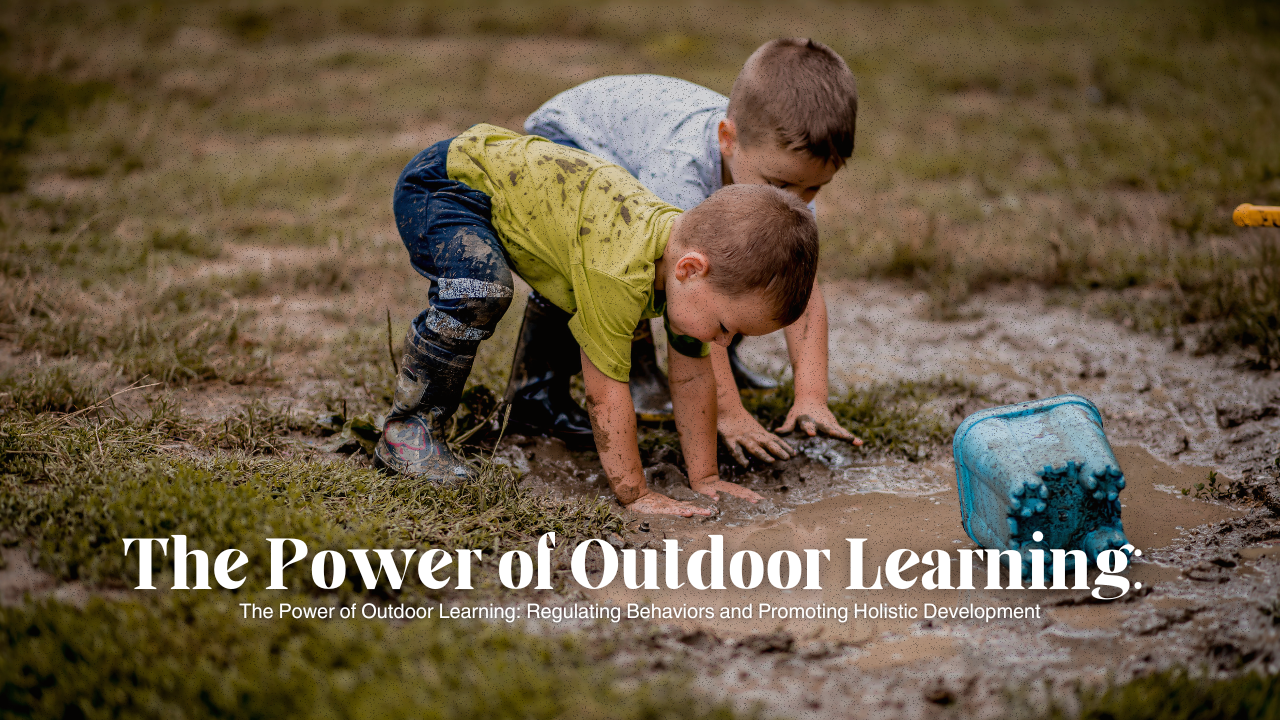
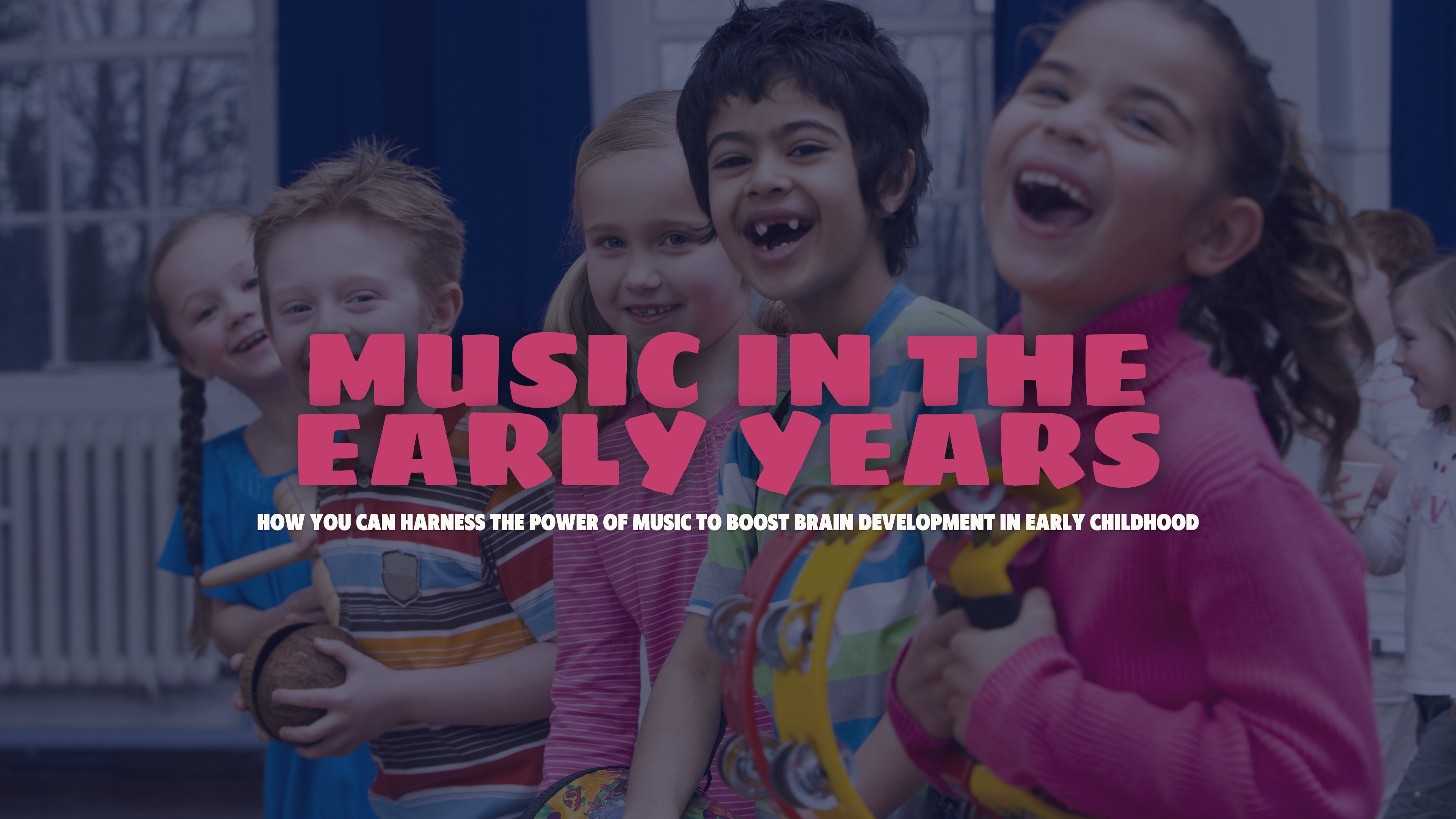
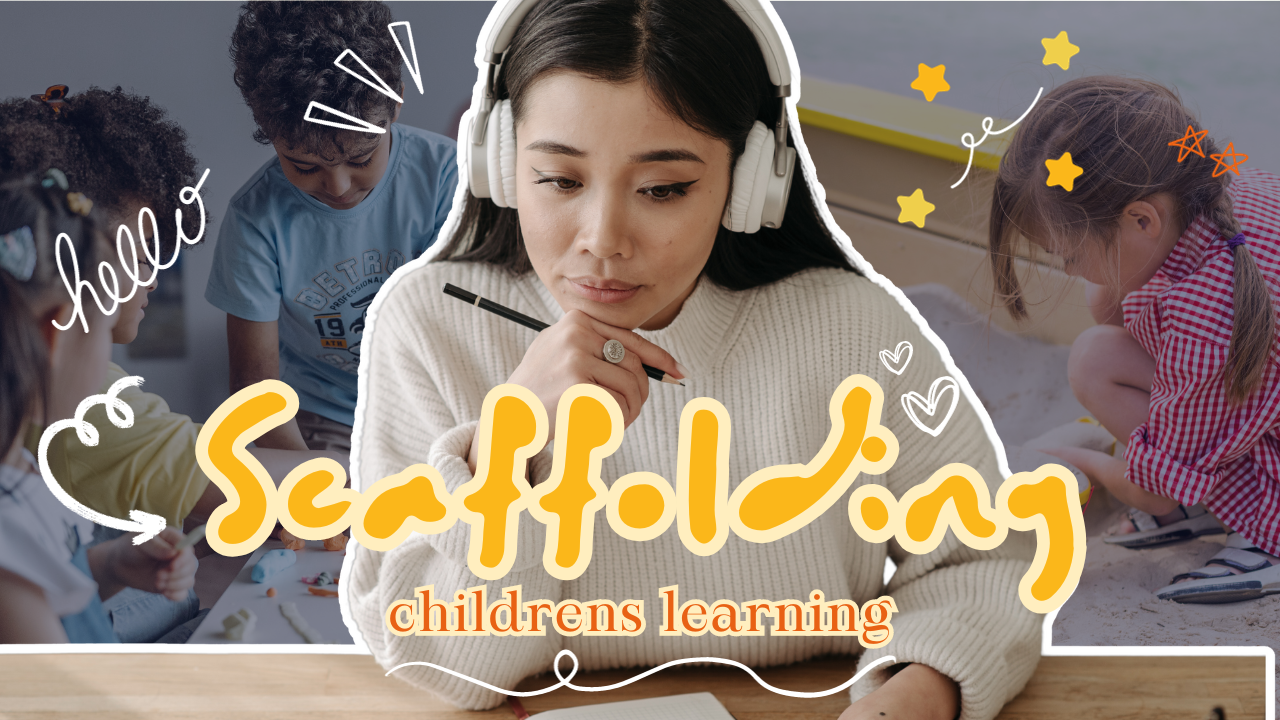
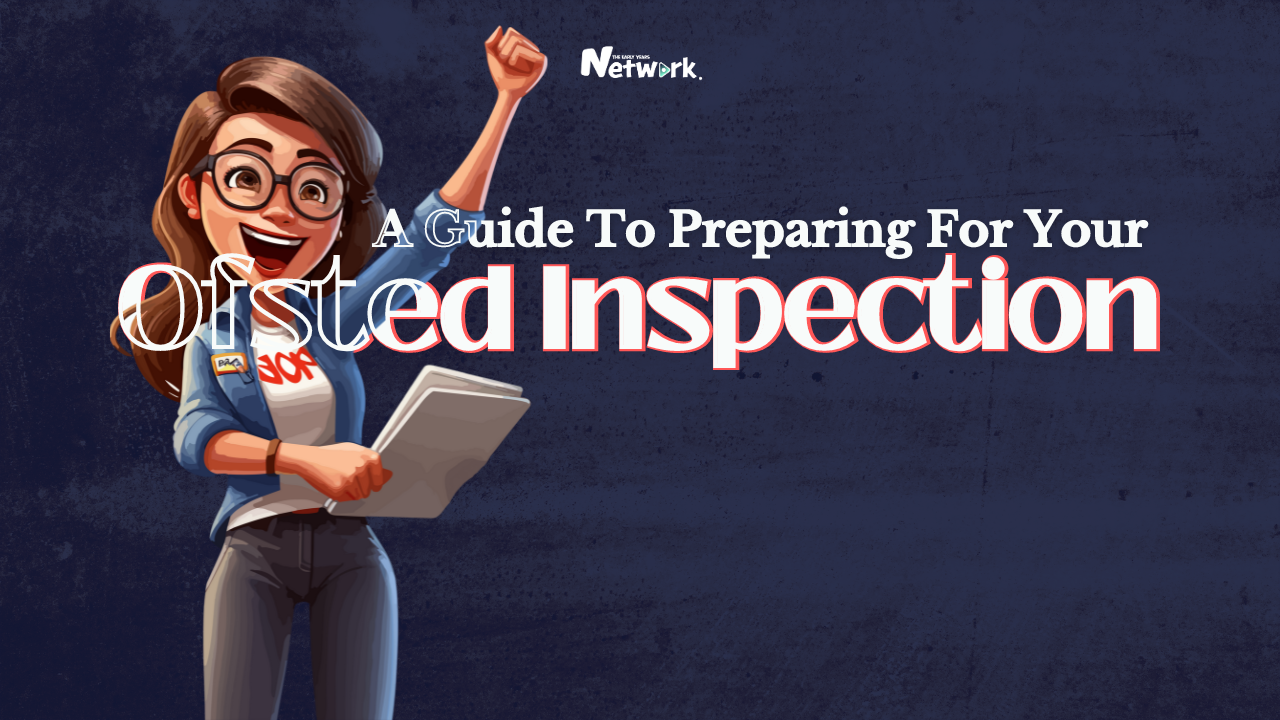
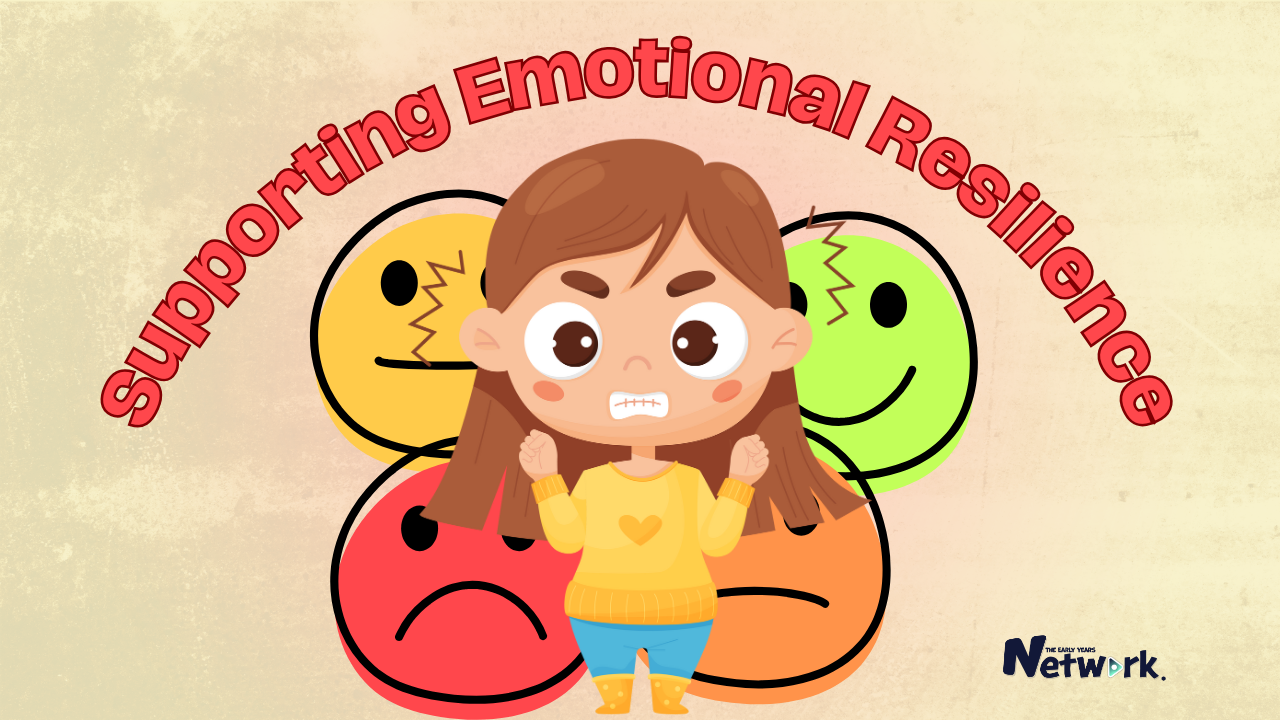
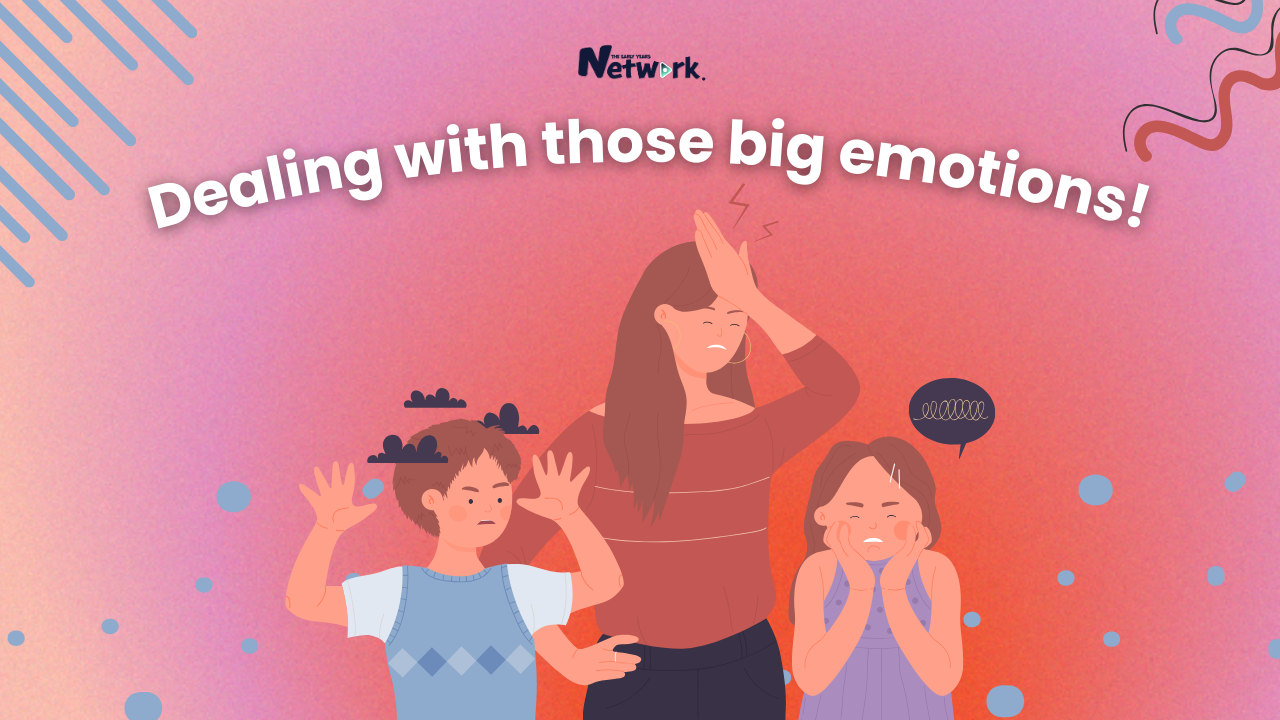
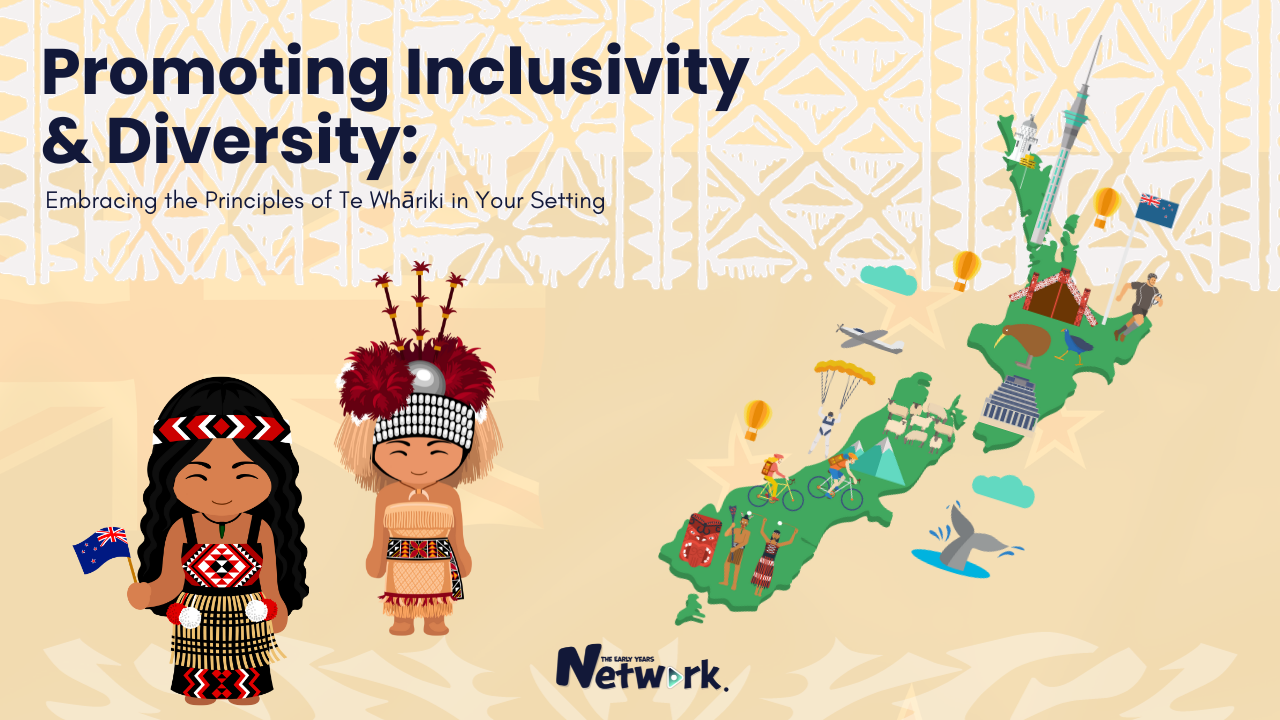
Comments 0
Leave a comment
Only your name will be published. Required fields are marked *